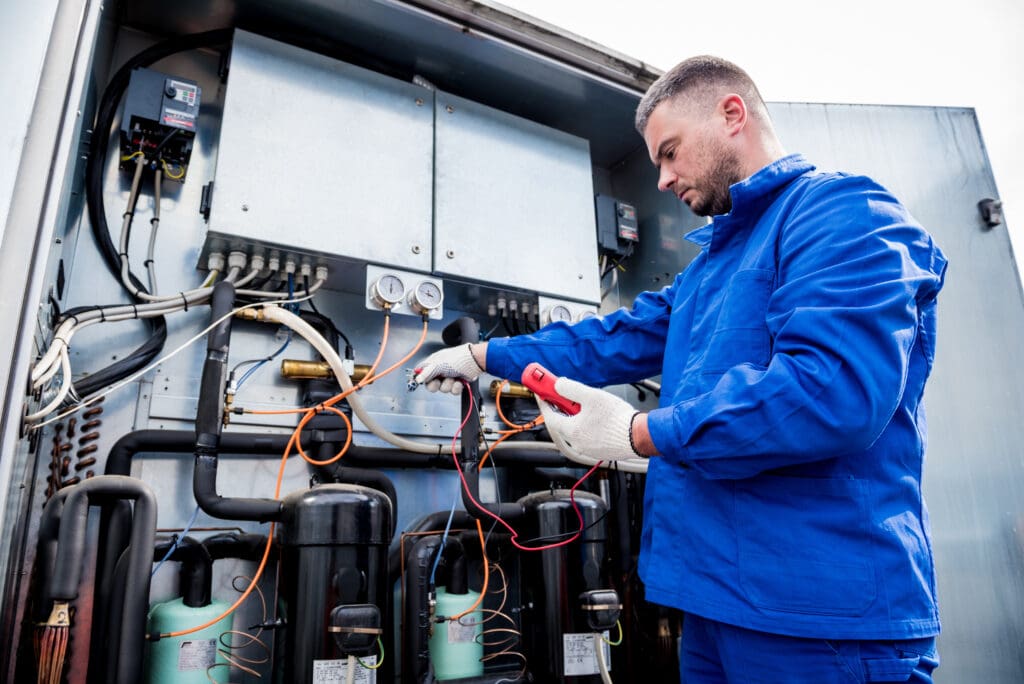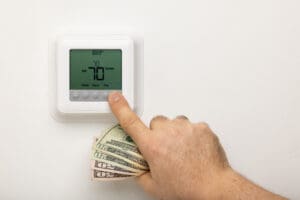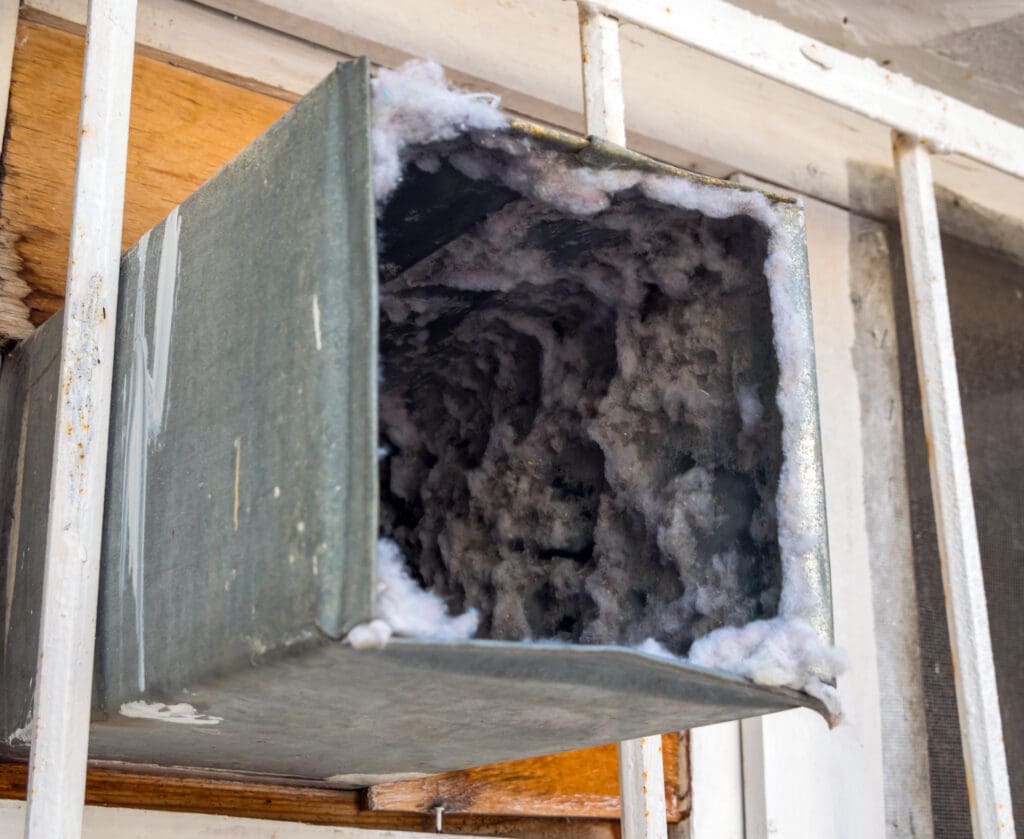Comparison of Gas and Electric Furnaces
Did you experience dissatisfaction with your furnace last winter? Or were you hit with sticker shock over expensive utility bills just to keep your home comfortable? The best time to shop for a new furnace is when you don’t need it–during the warmer summer months. Heating your home efficiently and effectively is crucial for comfort and cost savings, especially during cold winters. When it comes to selecting a furnace, the decision between gas and electric can be daunting. Both options have their advantages and drawbacks, and understanding the differences in energy efficiency and operations is essential for making an informed choice. Here’s a quick comparison of gas and electric furnaces to simplify your decision about which is best for your home.
 Energy Efficiency
Energy Efficiency
Gas Furnaces
Gas furnaces operate by burning natural gas or propane to generate heat. They have been a popular choice for heating homes for decades due to their efficiency and lower operating costs compared to electric furnaces. The efficiency of a gas furnace is measured by its Annual Fuel Utilization Efficiency (AFUE) rating, which indicates the percentage of fuel that is converted into usable heat. Standard natural gas furnaces have an AFUE between 78% and 85%, but high-efficiency gas furnaces have an AFUE between 90% and 97%.
Electric Furnaces
Electric furnaces, on the other hand, generate heat by passing electric current through heating elements. They do not rely on combustion, making them cleaner and safer than gas furnaces. Electric furnaces have a 100% AFUE, meaning they convert all the electricity they consume into heat. However, the overall efficiency for the consumer may still be lower due to the higher cost of electricity compared to natural gas or propane.
Operations
Gas Furnaces
Gas furnaces require a steady supply of natural gas or propane to operate. They use a combustion process to generate heat, which is then distributed throughout the home via ductwork and vents. Gas furnaces are known for their quick heating capabilities and consistent warmth, making them ideal for colder climates. However, they require regular maintenance, including annual inspections and occasional repairs, to ensure safe and efficient operation.
Electric Furnaces
Electric furnaces rely on electric heating elements to generate heat, which is then circulated throughout the home using a blower motor and ductwork. Unlike gas furnaces, electric furnaces do not produce combustion byproducts such as carbon monoxide, making them safer and easier to maintain. They also tend to be quieter and have fewer moving parts, resulting in reduced maintenance requirements. However, electric furnaces may take longer to heat a home compared to gas furnaces, especially in extremely cold weather, and they can be more expensive to operate, depending on electricity rates in your area.
Gas and Electric Furnaces: Which is the Best Option for Your Home?
Looking at the options for gas and electric furnaces can make the process daunting at best. However, the process is easier if your focus on a short list of factors that include the following:
- Energy Costs: Compare the cost of natural gas or propane to electricity in your area to determine which option is more economical in the long run.
- Climate: Gas furnaces are typically more efficient in colder climates, where they can quickly and effectively heat a home. In milder climates, electric furnaces may be a more cost-effective option.
- Installation and Maintenance: Consider the upfront costs of installing a new furnace, as well as the ongoing maintenance requirements. While gas furnaces may have higher installation costs, they often have lower operating costs and require less maintenance over time.
- Environmental Impact: Electric furnaces produce zero emissions at the point of use, making them a cleaner option compared to gas furnaces, which produce combustion byproducts. If reducing your carbon footprint is a priority, an electric furnace may be the preferred choice.
- Home Size and Layout: The size and layout of your home can also influence your decision. Gas furnaces are typically better suited for larger homes with extensive ductwork, while electric furnaces may be more suitable for smaller homes or apartments with limited space.
Stone Heating and Air can help you make a smart decision for your home.
The choice between a gas and electric furnace depends on various factors, including energy costs, climate, installation and maintenance requirements, environmental considerations, and the size and layout of your home. By carefully evaluating these factors and comparing the energy efficiency and operations of both options, you can make an informed decision that meets your heating needs while maximizing comfort and cost savings in the long run.
If you think it may be time to replace your furnace, give the experts at Stone Heating and Air a call. We’ll work with you to understand your needs and show you options that will bring you comfort at a reasonable price.
Category: Furnace, furnace replacement, furnaces, Heating
Tags:
Request An Appointment
Related Content



 Energy Efficiency
Energy Efficiency
